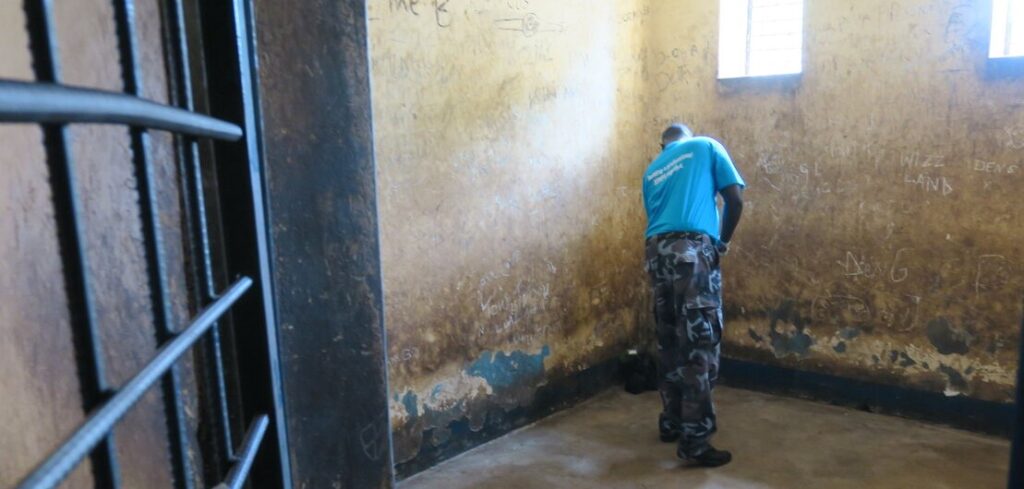Eight teachers in Northern Bahr el Ghazal State have been detained after calling for the removal of the acting education director-general over allegations of salary and fund mismanagement, officials and union members said on Thursday.
The arrests followed a petition by the state’s Teachers’ Union to the governor three days ago demanding the dismissal of Valentino Anei Deng, the acting director-general of education. Union members accused him of mishandling teacher payments.
A teacher, who spoke on condition of anonymity for fear of reprisal, told Radio Tamazuj that the eight were arrested on Wednesday after refusing to leave the education ministry compound, where they often gather during breaks. Deng allegedly ordered them to leave, sparking a confrontation.
“The director-general locked himself in his office, and the acting office manager was also locked inside,” the teacher said. “People fought, and later, eight teachers were taken to a National Security facility in Kabat.”
Among those detained was Luka Lual Garang Lual, the union’s chairman, the teacher said. The union has demanded their immediate release, arguing that their detention poses no security threat.
Deng denied allegations of financial mismanagement and said the teachers were arrested after storming his office and attacking staff.
“They refused to hand over the office following the dissolution of their steering committee and instead chose violence,” Deng said. He claimed the teachers were in police custody, not a National Security facility, and that legal procedures were followed.
Dorothy Drabuga, executive director of the Women’s Foundation for Humanity, warned that prolonged detention of teachers could disrupt students’ education. She urged authorities to keep politics out of the education sector.
“Mixing politics with education will harm Northern Bahr el Ghazal’s schools,” Drabuga said.
South Sudan’s national education ministry has not yet commented on the incident.
The South Sudanese government faces chronic cash shortages, leaving civil servants—including teachers—unpaid despite official payment approvals.
In one stark case, two teachers in Western Equatoria recently collapsed from hunger after months without salaries.
The finance ministry has acknowledged the liquidity crunch as a “major challenge” but has not proposed remedies.




